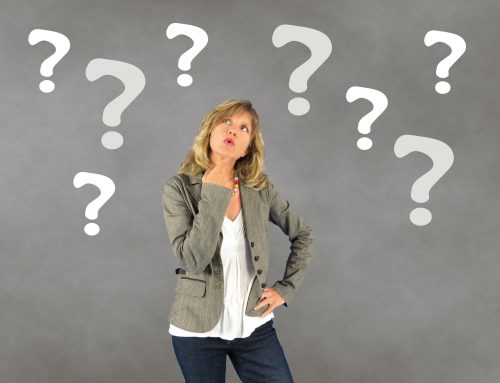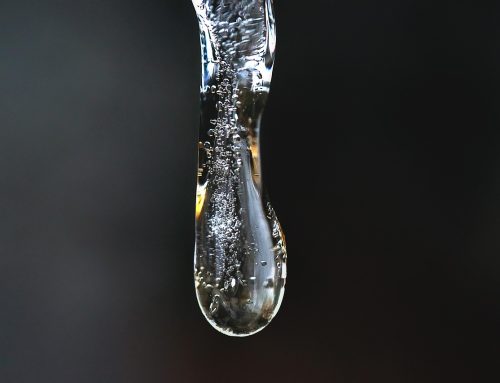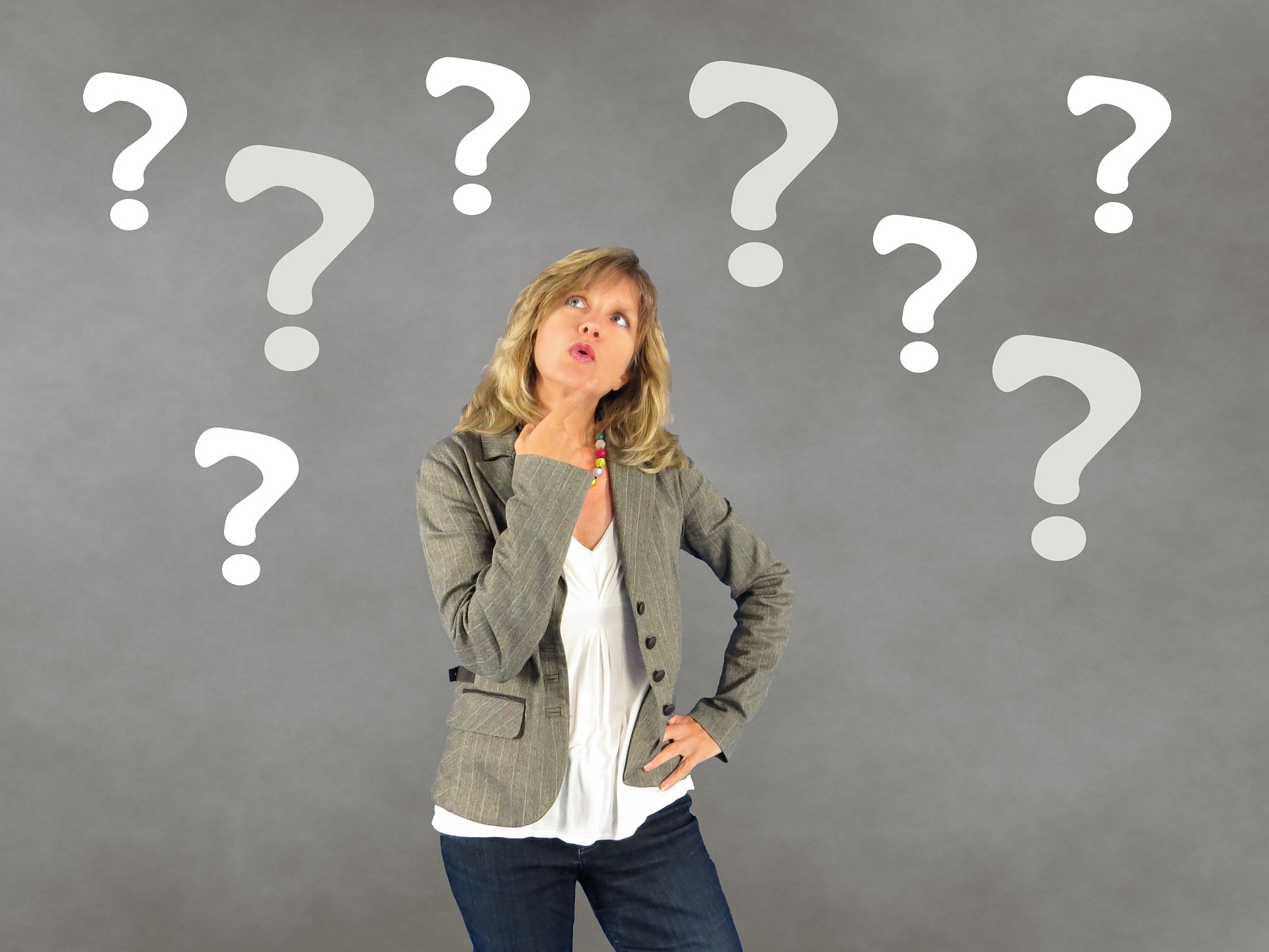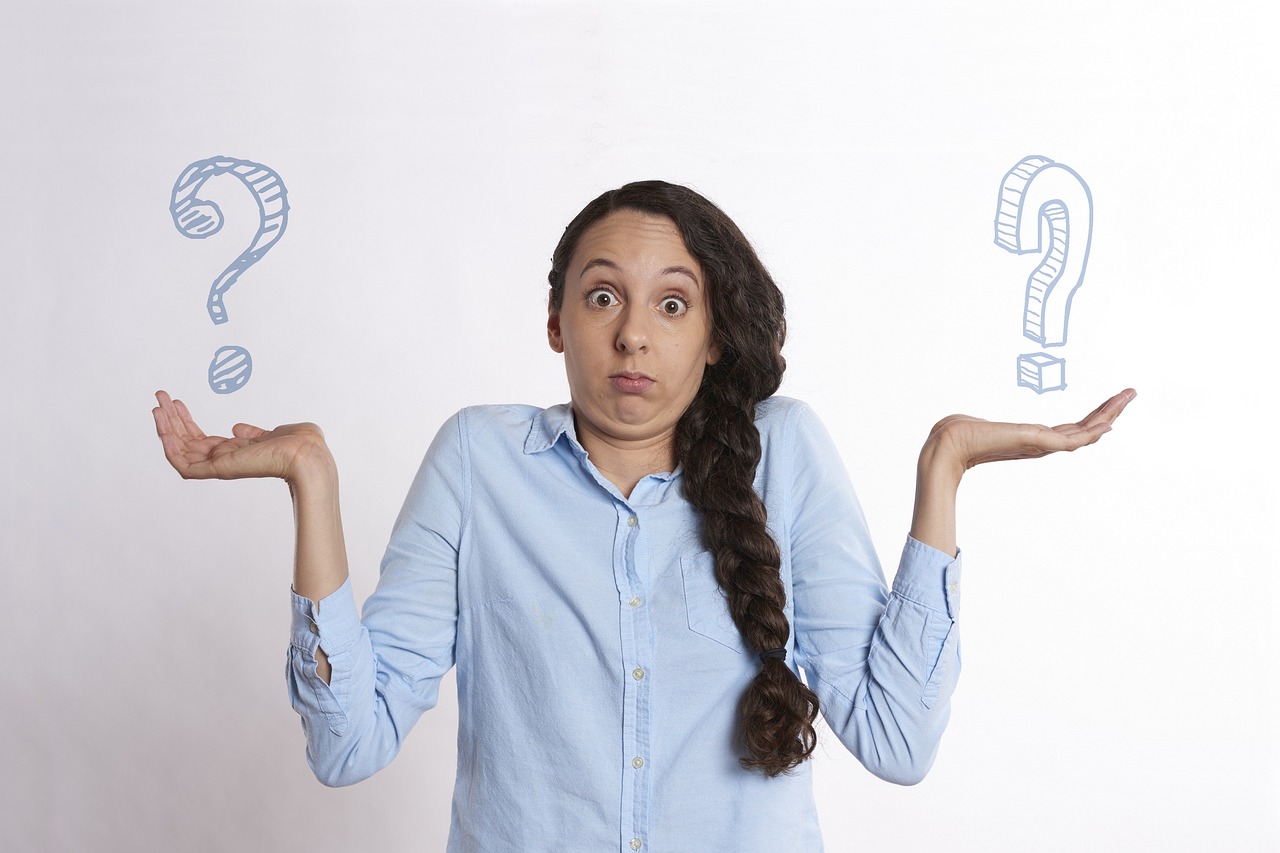Nowadays, due to the tightening of environmental requirements and in order to avoid serious blockages, it is important to consciously follow some rules. In fact, it means a lot to have a sewage system installed on your property to drain the sewage, but few people know that the real work is done at the sewage treatment plants, when the sewage is cleaned. In the process, all suspended, floating, soluble or insoluble impurities that have entered the water must be removed and the water returned to a river in a state closest to its natural state. With their conscious attention, consumers can not only pay close attention to preventing blockages, but can also greatly facilitate the subsequent cleaning of sewage, since substances that are not intended for the sewer system make the process of cleaning sewage very difficult and slow down, and in the worst case, they can even damage the environment. For these reasons, it is important to be aware of some rules that are good to know about channel use:
- the channel its use and operation is only correct and trouble-free if everyone pays attention to its correct use
- Only biodegradable substances that do not harm nature may be discharged into the sewer system, otherwise we can expect, among other things, unclogging the need for it; and the poison introduced into the system is particularly dangerous for the environment and for the people performing maintenance
- It is forbidden to discharge into the sewer system: toxic substances, medicines, heavy metals, flammable substances or those that, upon decomposition, become one of the above-mentioned types of substances.
- We also avoid getting fats into the drains, as these cause the drains to narrow, and you will also need to call a specialist sooner.
- The number of blockages can also be increased by excessive water conservation, as large amounts of water are needed to dissolve most substances and get them to the sewage treatment plants, so it is not worth saving water, even though we know the disadvantages of this.
- To avoid strong odor effects, do not ground the transfer shaft or the openings of the yard cleaning shafts and use the ventilation of the basic network as intended, and pay attention to the odor traps of drains and floor drains.
- It is worth installing a sewage check valve in the network to prevent sewage from flowing back into lower-lying areas.
Some substances that should be avoided when discharged into the sewer are: blockage and to avoid subsequent blockage removal:
1. particulate pollutants:
- First of all: the sewer system is not designed to remove solids, as these block the path of water and destroy the pumps of the sewage lift stations.
- various materials that damage the sewage system: wood, stone or bone materials, plastics, household appliances
- sand, gravel, cat litter
- water-insoluble solids: tampon
2. organic impurities
- liquid manure from animal husbandry, which can occur mainly in rural areas
- household food scraps, animal waste pieces
3. It is prohibited to discharge any water other than wastewater into the sewer.
- During the construction of the sewer network, approximately 120 l of water is charged for each resident as wastewater, so if, for example, everyone were to drain rainwater into the sewer, the system would not be able to process that huge amount of water and the sewer fee would also increase. Therefore, it is prohibited to drain the following into the sewer: rainwater, domestic water, groundwater, snowmelt. The blockage remover specialist is also responsible for ensuring that consumers are familiar with the complex professional techniques of sewage disposal and cleaning and are familiar with the basic rules of sewer use.
If you have any questions or would like to use my services, feel free to call me at +3620/318-1614, even at night, every day of the year, or contact me at [email protected]!









